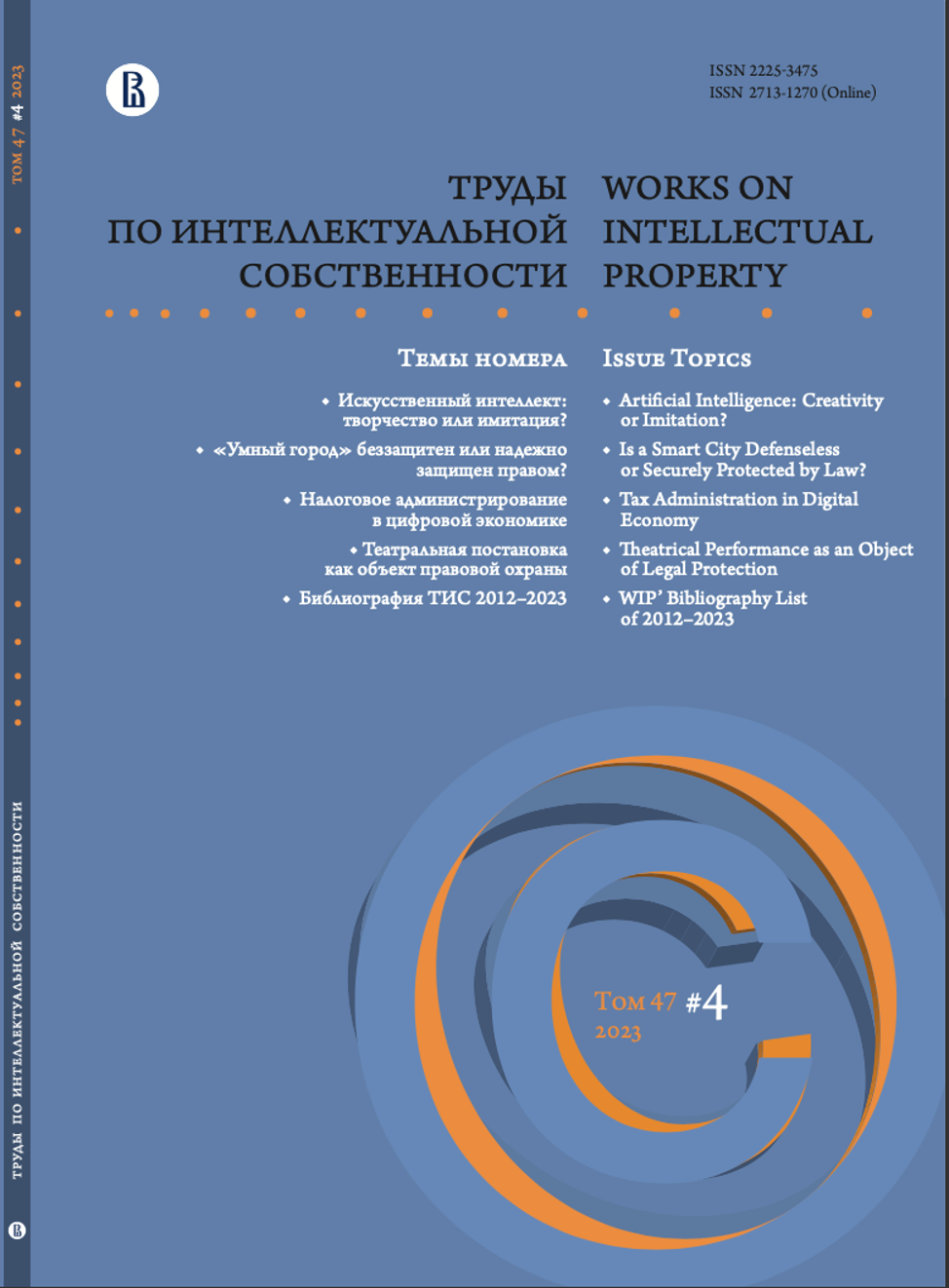SYSTEMATIZATION OF INFORMATION (DIGITAL) LEGISLATION: CURRENT TRENDS (RUSSIA AND CENTRAL ASIA)
Abstract
In the article, the author analyzes the features and current trends in the systematization of information (digital) legislation on the example of the Central Asian states (Kazakhstan, Kyrgyzstan, Uzbekistan). In recent years, in the Russian Federation, the issue of developing a domestic Information or Digital Code has entered the trajectory of transition from doctrinal models to practical implementation. The article emphasizes the role of I.L. Bachilo, who was the first to raise the question of the need for systematization of Russian information legislation in the form of its codification. She argued that despite the lack of formation of the sphere of information activity and the relevant relations that are just emerging, it is necessary to raise the question of codification or complete systematization, and the time for such codification will come sooner or later. Currently, in a number of states located near our country, the development of projects of codified acts in the field of information, information (digital) technologies and information protection has intensified. Further, the article shows the expediency of considering these processes in terms of identifying their main trends, analyzes the approaches to building national information and legal regulation, through the prism of the structure of the projected act, an idea of their content and subject areas is given. At the same time, the article emphasizes that the Russian Federation has its own different experience in preparing codified acts, which should also be in demand in the upcoming codification work. Generalization of the existing domestic and applicable foreign experience, taking into account the law enforcement practice formed in the information legal sphere, seems to be in demand when developing the domestic Information (digital) Code.


